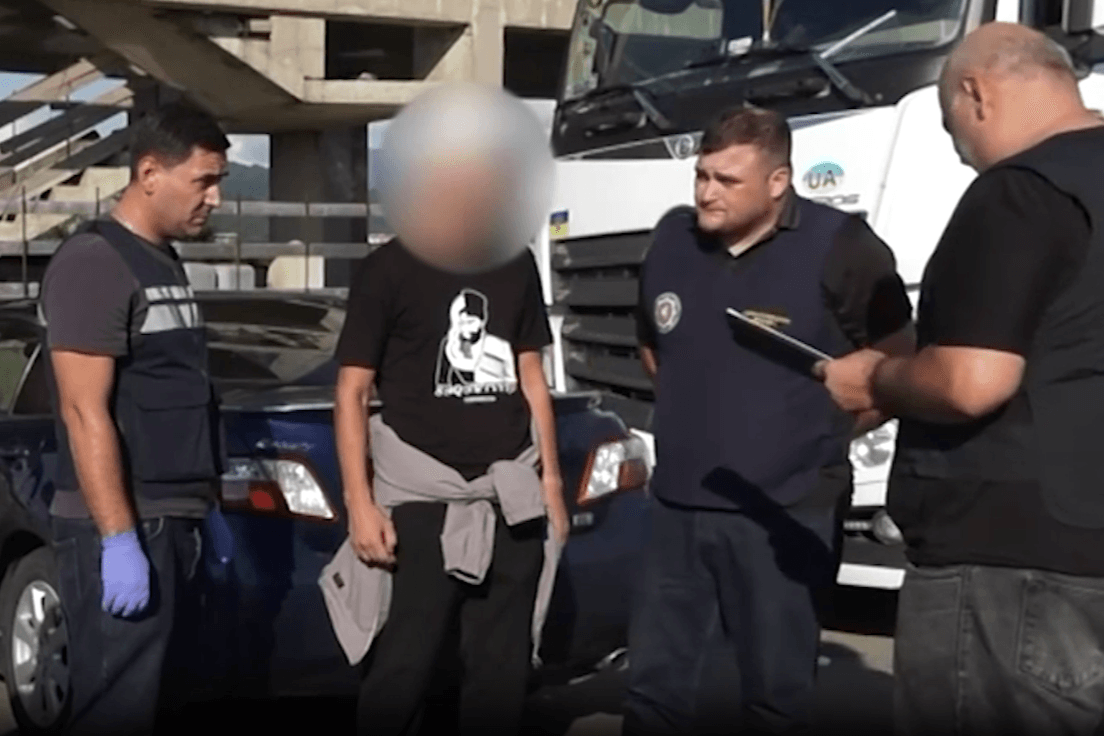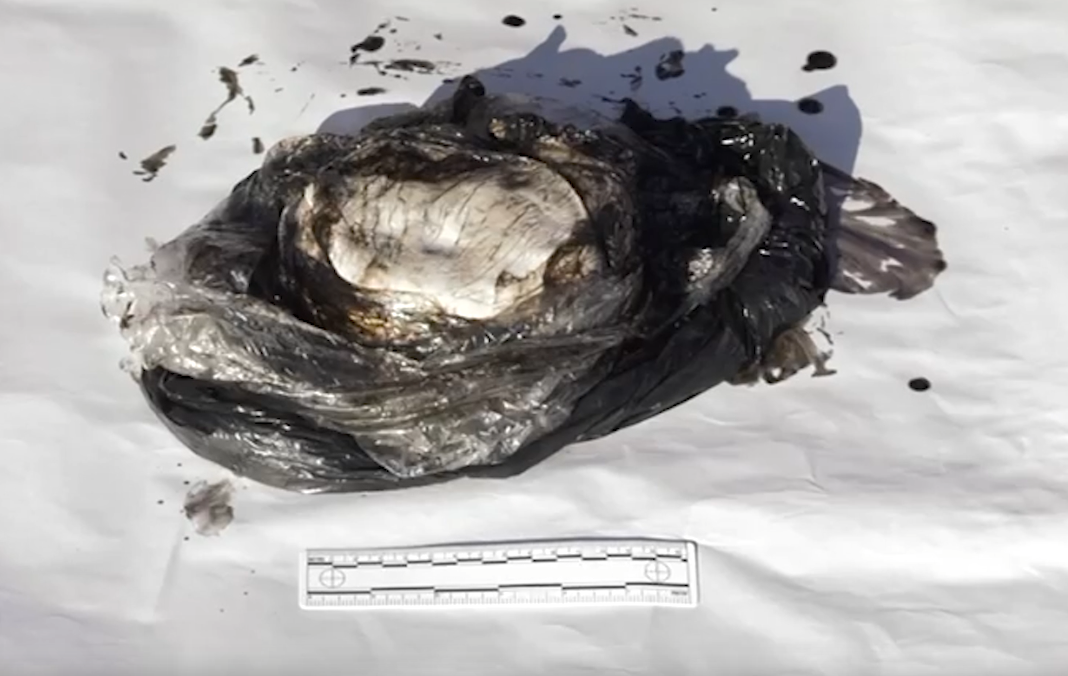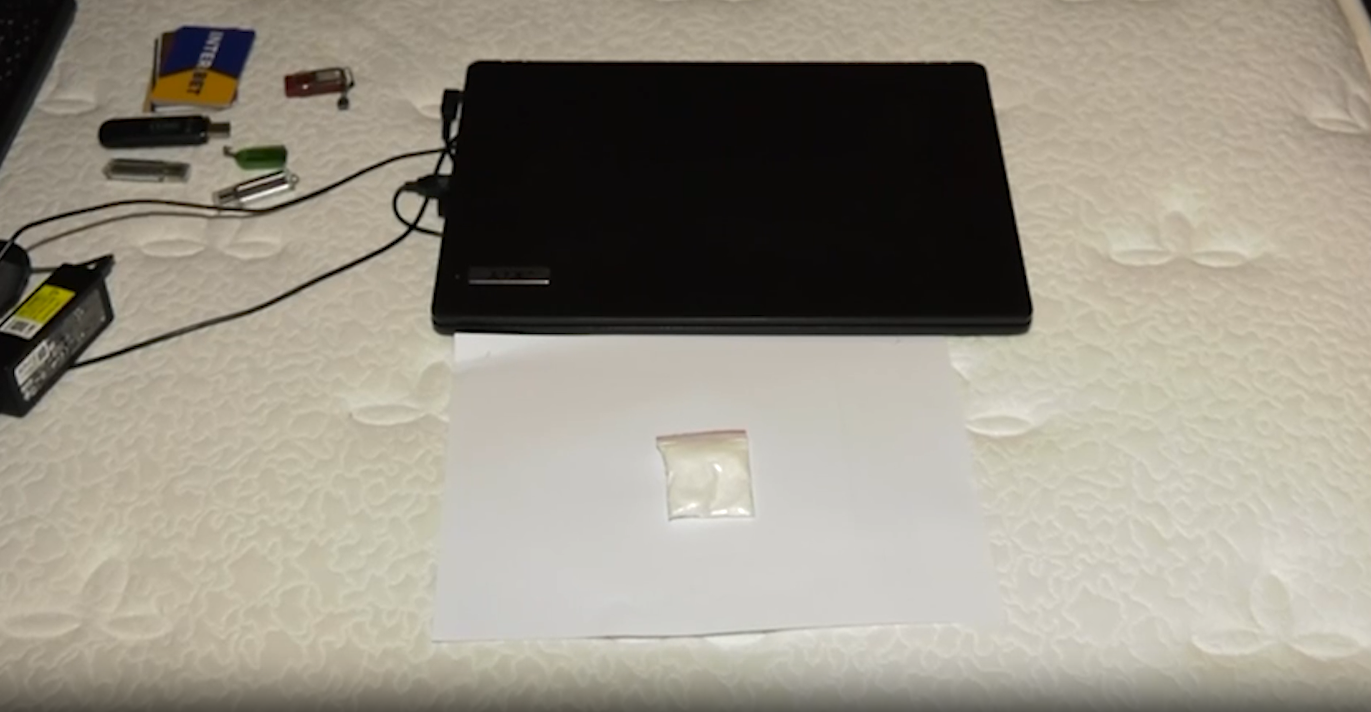
Georgia’s State Security Service (SSG) has announced that two Ukrainian nationals were arrested after being caught allegedly smuggling 2.4 kilogrammes of hexogen (RDX), a powerful explosive, into the country from Turkey.
The SSG said the explosives had been hidden in a truck that crossed from the Sarpi checkpoint with Turkey.
The driver of the truck, identified only as M.S., was allegedly instructed to deliver the explosives to another Ukrainian national, D.Zh., in Georgia. Both M.S. and D.Zh were later arrested after the handoff, Lasha Maghradze, first deputy head of the SSG, said during a briefing on Thursday.
‘Naturally, the investigation will continue to determine the final destination of the large amount of explosives brought into Georgia — whether a terrorist act was being prepared in Georgia, whether the country was being used as a transit point, or something else’, Maghradze said.
During the course of the search, Maghradze said that phones, computers, cash, foreign SIM cards, and cocaine were also seized.



Further developments in the case came on Friday, when Maghradze claimed that originally, the detained Ukrainians said under questioning that the explosives were destined for Russia, but that the subsequent investigation had revealed the hexogen was being permanently stored in Tbilisi.
Maghradze further added that investigators were considering if there was a connection between the explosives and the upcoming municipal elections on 4 October, which he said ‘radical groups’ had plans for.
It is unclear exactly what Maghradze was referring to, but the allegations came on the same day that Levan Khabeishvili, a high-profile member of the opposition United National Movement party (UNM), was arrested after publicly offering riot police officers $200,000 not to disperse protesters on 4 October. Khabeishvili has been repeatedly calling for a ‘peaceful revolution’ to coincide with the elections, which the majority of Georgia’s opposition parties have said they would boycott.
There have been several similar arrests and incidents in the past few years, with the most recent occurring just a month prior.
In August, Russia’s Federal Security Service (FSB) claimed it foiled a Ukrainian attack on the Kerch Bridge connecting Russia with occupied Crimea, alleging that they prevented a car loaded with explosives from reaching the bridge after it had crossed into the North Caucasus from Georgia.
In October 2022, less than a year into Russia’s full-scale invasion of Ukraine, Russian law enforcement arrested an Armenian and declared two Georgians persons of interest in an investigation into an explosion that severely damaged the bridge earlier that month.
At the time, Russia alleged that explosives responsible for the incident were transported into Russia through Georgia and Armenia.
Georgia has denied Russia’s accusations, claiming they were not supported by evidence, and saying that no explosives had crossed Georgia’s border. The Georgian government said that it would only launch an investigation if ‘someone substantiates’ the claim.
In 2023, Georgian authorities claimed to have seized 14 kilogrammes of explosives being transported by a group of Ukrainians, Georgians, and Armenians through Georgia to Russia.












